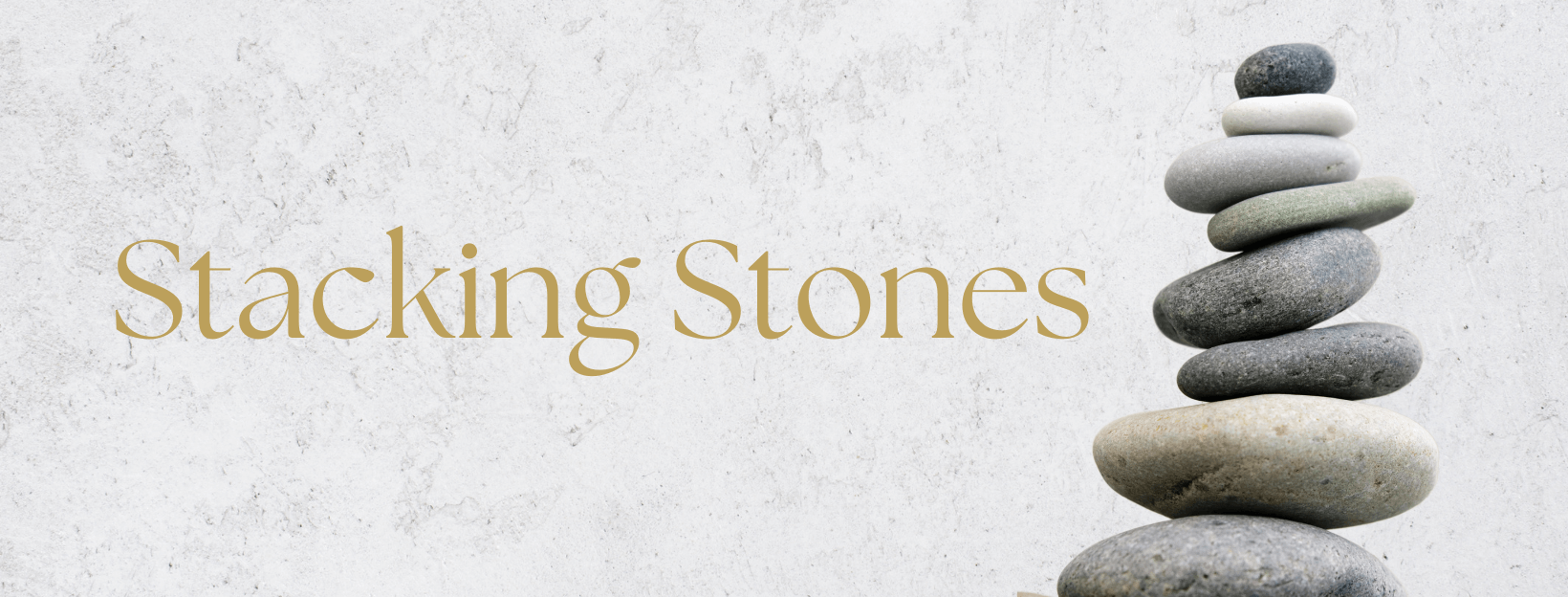
It seems no matter where you look these days you’re likely to be inundated with #SelfCare trends alongside ads for luxury skincare, indulgent snacks, and retail therapy. So it's easy to see why people confuse genuine self-care with self-indulgent behaviors that ultimately harm us. This confusion isn’t accidental; industries profit by presenting self-sabotage as self-care, keeping us consuming, unhappy, and searching for the next quick fix. Pretty brilliant strategy- if your goal is the bottom line no matter the expense.
The Allure of Self-Sabotage
Self-sabotage often masquerades as self-care because it feels good in the moment. A pint of ice cream after a stressful day, a pricey shopping spree to "treat yourself," or zoning out with hours of binge-watching might seem like acts of kindness to yourself. These behaviors are readily accessible, easy to do, and provide instant gratification—qualities that make them extra tempting and hard to resist. And these self-indulgenges are ok in small doses. However, when repeated over time, these choices often lead to harm: depleted finances, physical health challenges, or feelings of disconnection and regret.
Industries thrive on this cycle. When we’re stressed or unhappy, we’re more likely to consume. The promise of relief, comfort, or escape keeps us spending money on products or experiences that make the symptoms feel better but don’t address root causes- if anything, they often exacerbate underlying problems. We don’t notice the negative impact which often comes later as much as we do the fact that we feel better now, even if it’s only for a minute. We begin to associate these products, experiences, or behaviors with a sense of relief and they become our go-tos when we are stressed. Later we may feel regretful as we face the negative results of our choices but that typically only starts the cycle over again. Rinse and repeat (in some cases, literally!) on and on and on.
At the core of many of these self-sabotaging patterns lies a cycle often called dopamine chasing. Dopamine, the brain’s "feel-good" neurotransmitter, is released during moments of instant gratification. Whether it’s the thrill of an online purchase or the fleeting pleasure of sugary treats, these hits of dopamine can soothe us, temporarily relieving us of any discomfort we may feel and distracting us from our troubles. However, this short-term soothing often leads to long-term dysregulation of the nervous system. Over time, our brains may become conditioned to seek these quick fixes, perpetuating a cycle of cravings and dissatisfaction and, ultimately, damage to ourselves. It’s a cycle of self-sabotage that we often don’t really recognize until it’s too late.
The Power of True Self-Care
In contrast, self-care requires more effort but empowers us in lasting and meaningful ways. True self-care prioritizes your well-being—mind, body, spirit, and community- and benefits your health over time. It involves practices like:
- Preparing nutritious meals.
- Moving your body in ways that feel good and sustainable.
- Setting boundaries to protect your time and energy.
- Engaging in activities that foster personal growth, like journaling, therapy, or education.
- Connecting with nature or nurturing relationships.
These actions might not provide instant relief, but they build a foundation for happiness, resilience, and health. Unlike self-sabotage, self-care doesn’t serve industries or fleeting pleasures; it serves you. And, unlike self-sabotage, your quality of life will improve over time when you do these things regularly.
Moreover, consistent self-care actually helps regulate the nervous system in a balanced way improving its functioning in the long run. Activities like deep breathing, mindfulness, and physical exercise release endorphins—the body’s natural painkillers and mood elevators. These endorphins provide a more stable and enduring sense of well-being compared to the spikes and crashes of dopamine-driven habits. With time, your nervous system becomes calmer and works better contributing to a more sustained sense of calm, clarity, and well-being- ultimately making it easier and easier to choose and maintain healthy habits.
How to Discern Self-Care from Self-Sabotage
To differentiate between the two, ask yourself:
- What are the long-term effects?
- If you repeat this behavior over time, will it lead to growth, health, or happiness? Or will it contribute to harm or stagnation?
- Who benefits most?
- Does this choice primarily benefit an industry, a social circle that enables unhealthy habits, or you—your mental, physical, or emotional health?
For example, an expensive spa day might be true self-care if it’s part of a holistic approach to relaxation and healing. However, if it’s driven by stress and followed by guilt about overspending, it may veer into self-sabotage territory.
A Note on Indulgence
Indulgence isn’t inherently bad. Life’s pleasures—a decadent dessert, a lazy afternoon, or a splurge on something special—can be wonderful when enjoyed mindfully and occasionally. The key is balance. When indulgence becomes a habit or an escape, it’s worth examining its impact on your well-being.
Reclaiming Self-Care
Reclaiming self-care means redefining it as a practice rooted in self-respect and empowerment rather than consumption. It’s about tuning into your needs and making choices that nourish you over time. While it’s harder than picking up the latest "self-care" product, the rewards—authentic happiness, health, and resilience—are infinitely more satisfying.
Committing to self-care that uplifts, nurtures, and strengthens isn’t always easy, but once you get a little momentum it will feel really good!. And not only will you get to reclaim a little well-being but you will also push back on the industries that profit from your discontent.
Taking the First Step: How to Replace Self-Sabotage with Self-Care
Ready to begin? Start by identifying one self-sabotaging behavior you’d like to change. Replace it with a self-care habit that supports your well-being. Here’s a simple step-by-step process to get started:
- Identify the Behavior
- Write down the self-sabotaging habit and the circumstances that trigger it. For example, “I eat junk food late at night when I feel stressed.”
- Understand the Why
- Reflect on what need the behavior is fulfilling. Is it comfort, distraction, or relief from stress? Recognizing this can help you find healthier alternatives.
- Choose a Replacement
- Select a self-care habit that meets the same need. For stress relief, you might choose a short evening walk, journaling, or a calming tea ritual.
- Start Small
- Break the new habit into manageable steps. Instead of a full workout, commit to five minutes of stretching. Small wins build confidence.
- Track Your Progress
- Use a journal or an app to monitor how often you replace the old behavior with the new one. Celebrate small victories to stay motivated.
- Anticipate Challenges
- Recognize potential obstacles, like late-night cravings or a lack of time, and plan strategies to address them. For example, prepare healthy snacks in advance.
Pro Tips for Success
- Recognize Triggers: Pay attention to emotions, environments, or times of day that prompt the self-sabotaging behavior.
- Practice Self-Compassion: Change takes time. If you slip back into old habits, avoid self-criticism. Reflect, reset, and try again.
- Enlist Support: Share your goal with a trusted friend or join a supportive community. Accountability can boost your success.
- Celebrate Progress: Acknowledge and reward yourself for every step forward, no matter how small.
Replacing self-sabotage with self-care is a journey, not a quick fix. By taking one step at a time, you’ll create sustainable habits that nourish your mind, body, and spirit—moving you closer to the balanced, empowered life you want and deserve. Step by step. You’ve totally got this!
___________________
Begin Within
and align with the rhythm of nature and self.













0 Comments